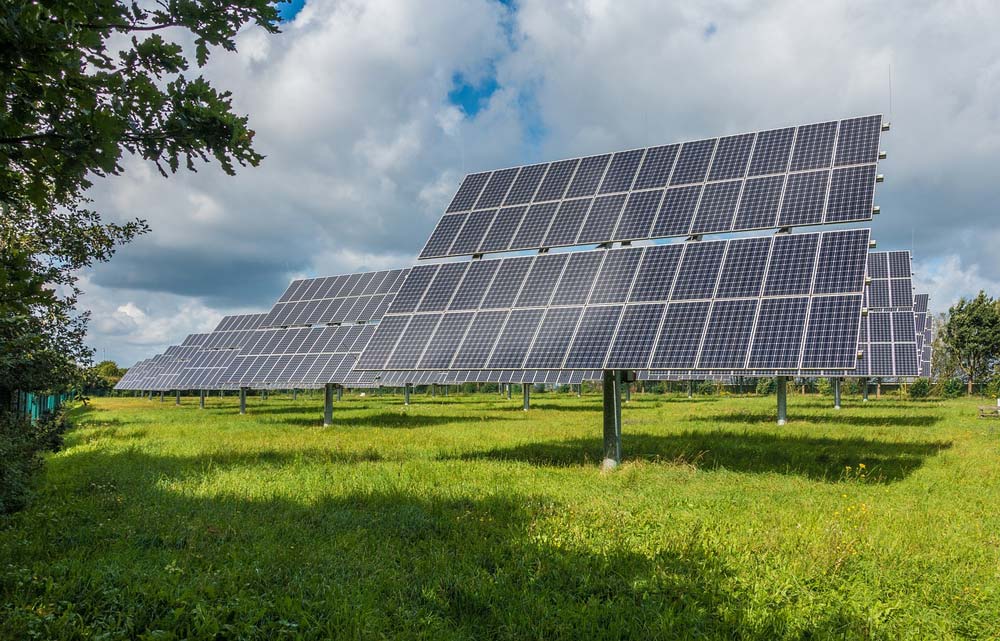Sustainable development is the practice of meeting the needs of the present without compromising the ability of future generations to meet their own needs. Technology plays a crucial role in enabling sustainable development, as it can help to address many of the challenges facing society today, including climate change, resource depletion, and environmental degradation. In this essay, I will discuss the various roles that technology can play in sustainable development.
- Renewable Energy Technologies
Renewable energy technologies are the foundation of the transition to a low-carbon economy. These technologies include solar, wind, hydroelectric, and geothermal power, among others. The development and deployment of renewable energy technologies have been facilitated by advances in technology, particularly in the areas of materials science, electronics, and manufacturing. Technology can enable the transition to renewable energy in several ways, including:
- Improving the efficiency and effectiveness of renewable energy technologies, such as by developing more efficient solar panels or wind turbines.
- Developing new renewable energy technologies, such as next-generation biofuels or tidal power.
- Reducing the cost of renewable energy technologies, making them more competitive with traditional fossil fuel-based power sources.
- Enabling the integration of renewable energy into existing energy systems, such as by developing smart grids that can manage and balance energy supply and demand.
- Resource Efficiency
Resource efficiency is the practice of using resources in the most effective and efficient way possible. This includes reducing waste, increasing the recycling of materials, and improving the efficiency of production processes. Technology can enable resource efficiency in several ways, including:
- Developing new materials that are more durable, lightweight, and energy-efficient.
- Improving the efficiency of manufacturing processes, such as through the use of automation or robotics.
- Developing new waste-to-energy technologies that can convert waste into energy, reducing the amount of waste that ends up in landfills.
- Enabling the circular economy, where materials are reused and recycled, reducing the need for new resources.
- Sustainable Agriculture
Agriculture is a major source of greenhouse gas emissions and environmental degradation. Technology can play a crucial role in enabling sustainable agriculture, including:
- Developing precision agriculture technologies that enable farmers to use resources more efficiently, reducing waste and increasing yields.
- Developing new crop varieties that are more resistant to pests, diseases, and climate change.
- Using data analytics to optimize farm management practices, such as crop rotation and irrigation, reducing the environmental impact of agriculture.
- Developing new food processing and packaging technologies that reduce waste and improve food safety.
- Sustainable Transport
Transport is a major source of greenhouse gas emissions and air pollution. Technology can play a crucial role in enabling sustainable transport, including:
- Developing electric and hybrid vehicles that produce zero or low emissions.
- Developing new fuel-efficient engines and powertrains for cars, trucks, and airplanes.
- Developing new transportation systems, such as high-speed rail and autonomous vehicles, that are more efficient and reduce congestion.
- Enabling the shift towards active transport, such as walking and cycling, through the development of smart cities and infrastructure.
- Sustainable Water Management
Water is a finite resource that is under increasing pressure due to population growth and climate change. Technology can enable sustainable water management in several ways, including:
- Developing new water treatment technologies that enable the safe and efficient use of wastewater and other non-traditional water sources.
- Using data analytics to optimize water management practices, such as irrigation and water distribution, reducing waste and increasing efficiency.
- Developing new desalination technologies that enable the use of seawater and other non-traditional water sources.
- Developing new water storage and distribution systems that are more efficient and reduce the loss of water due to leaks.
Conclusion:
In conclusion, technology has the potential to be a powerful enabler of sustainable development, and its continued development and deployment will be essential to address the pressing environmental and social challenges facing the world today and ensure a more sustainable future for generations to come.



